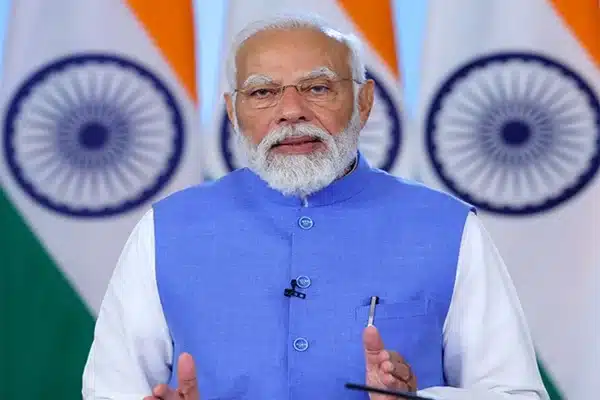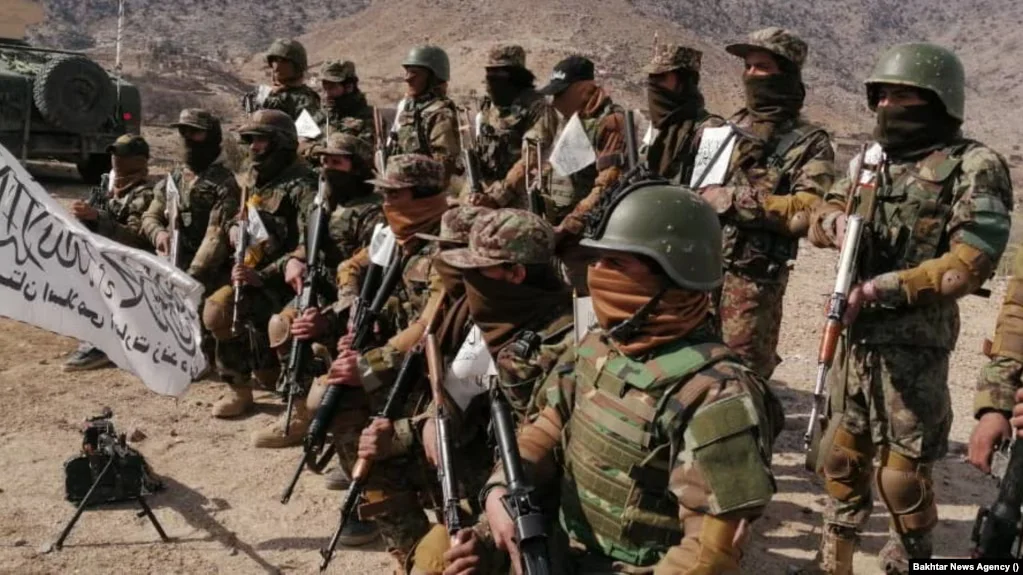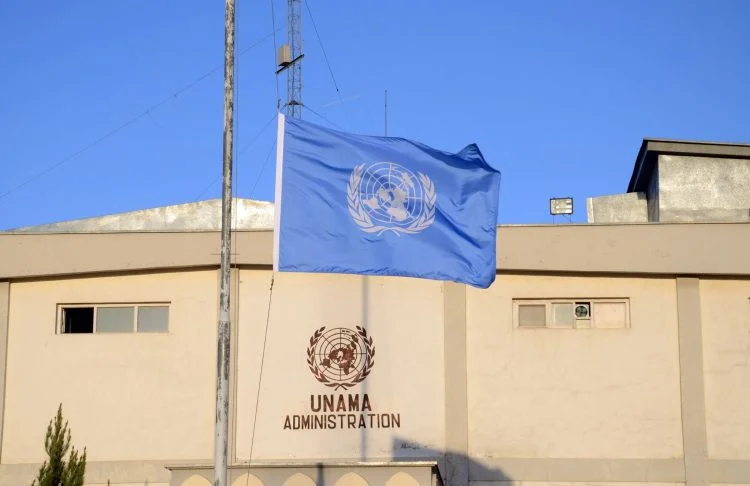Prime Minister Narendra Modi has called on the nations of the Global South to stand united in one voice. He urged them to become each other’s strength. In his opening remarks at the 3rd Voice of the Global South virtual Summit today, the Prime Minister expressed concern about the current global atmosphere. He highlighted the uncertainty and challenges facing the world.
He highlighted that the world has not yet fully recovered from the effects of COVID-19. The ongoing state of conflict has also posed significant challenges to the Global South’s development journey.
Mr. Modi emphasized that these countries are facing challenges from climate change. They also have concerns about health security, food security, and energy security.
The Prime Minister also noted that terrorism, extremism, and separatism continue to pose serious threats to societies. He said that the technology divide and new economic and social challenges related to technology are also emerging.
The Prime Minister assured that India is committed to sharing its experiences and capabilities with all Global South’s countries. He highlighted New Delhi’s commitment to promoting trade, inclusive development, progress on the Sustainable Development Goals (SDGs), and women-led development.
Development in the Global South
He said that in recent years, infrastructure, digital, and energy connectivity have boosted the Global South’s cooperation.
Mr. Modi highlighted that under Mission LiFE, New Delhi is prioritizing rooftop solar and renewable power generation. This initiative extends not only to India but also to partner countries. He also pointed out that India has initiated efforts to connect various countries of the Global South through the Unified Payments Interface (UPI).
The Prime Minister said that there has been significant progress in partnership with Global South nations in the areas of education, capacity building, and skilling.
He highlighted the launch of Global South Young Diplomat Forum stating that the ‘South’ or Global South Excellence Centre is working on capacity building, skilling, and knowledge sharing.
Lauding the role of Digital Public Infrastructure (DPI) in driving inclusive growth, the Prime Minister noted that the establishment of the Global DPI Depository during India’s G20 Presidency marked first multilateral consensus on DPI.
He also said that India has established a Social Impact Fund to accelerate progress in DPI in the Global South. He added that India will make an initial contribution of 25 million dollars to this fund.
Mr. Modi highlighted that for health security, India’s mission is – One World-One Health and vision is – “Arogya Maitri”. He said that New Delhi upheld this friendship by collaborating on hospitals, dialysis machines, life-saving medicines, and Jan Aushadhi Centers in Africa and Pacific Island countries.
Prime Minister also highlighted that in times of humanitarian crises, India has acted as a first responder, assisting friendly nations.
Developmental Compact
Later in his closing remarks, Mr Modi said that today’s discussion has paved the way to move forward together. He expressed confidence this discussion will boost the efforts to achieve goals set up by Global South nations. The Prime Minister also proposed a comprehensive Global development compact on behalf of India.
He said that the foundation of this compact will be based on India’s development journey and experience of development partnership.
Mr Modi said that to strengthen trade promotion activities, India will provide a 2.5 million dollars fund. He added that for capacity building in trade policy and trade negotiations, training will be provided for which India will contribute with a fund of 1 million dollars.
The Global South summit acts as a platform to expand discussions held in the previous Summits on a range of complex challenges that continue to affect the world, such as conflicts, food and energy security crises and climate change.
At the Summit, the Global South’s countries would continue deliberations on challenges, priorities, and solutions for the Global South, particularly in the developmental domain. The theme of the Summit is – An Empowered Global South for a Sustainable Future.
External Affairs Minister Dr. S. Jaishankar has urged Global South countries to work together as a family to facilitate the flow of low-cost financing and critical technologies.
Impact on the Global South
Speaking at the First Foreign Ministers’ session of the 3rd Voice of the Global South Summit today, Dr. Jaishankar highlighted that multiple conflicts, tensions, and global stresses particularly impact the nations of the Global South.
He emphasized that the nations of the global south are particularly impacted. He highlighted that the purpose of this exchange of views is to define our interests through that process.
Presenting four themes for deliberations, Mr Jaishankar said that there is an acute need to diversify production itself in various domains to de-risk the international economy.
This news is sourced from News on Air and is intended for informational purposes only.






